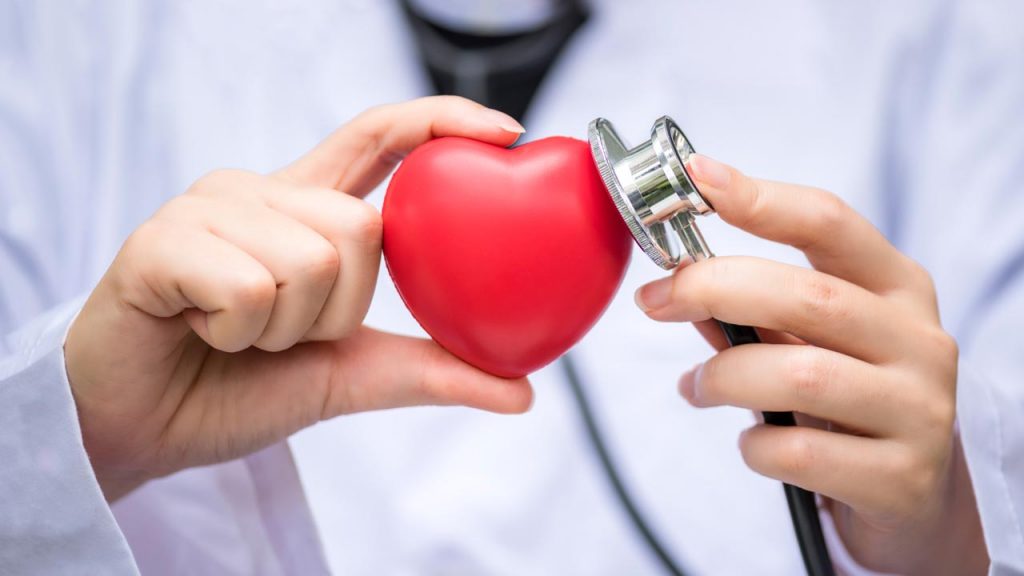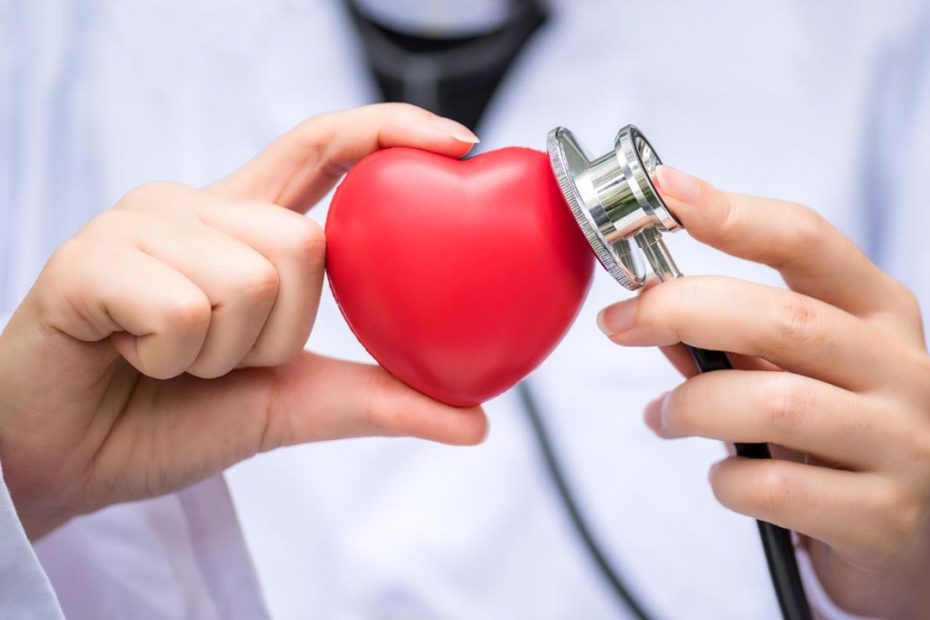
Our body’s cardiovascular system works tirelessly 24/7 to do its one job – supply our body’s organs with oxygen and nutrients so that they can do their specific jobs optimally. It is also the organ system tasked in disposing carbon dioxide and other waste from our body. If there are any complications in our cardiovascular system, it is important to address them immediately by visiting a nearby heart centre, such as https://cadenceheart.sg.
What is a heart specialist?
A heart specialist, also called a cardiologist, is a doctor that specializes in working with the heart and its blood vessels, i.e., the cardiovascular system. The heart is one of the most important organs in the body, pumping blood to your blood vessels so that our organs, tissues, and cells operate optimally and are kept healthy.
Heart specialists are tasked with the job of detecting, managing, and treating various cardiovascular diseases and conditions, such as heart attacks, heart valve diseases, heart failure, irregular heartbeats, and hypertension. Heart attacks, in particular, are the leading cause of death worldwide, and can often happen when you least expect it. It is therefore vital that we understand the risk factors of heart disease and try to manage our cardiac health.
Are there different types of heart specialists?
Cardiologists can choose to specialize in certain diseases, conditions, or treatments. Some of these specialized fields include the following:
- Adult congenital heart disease
Some heart specialists focus on treating what is called as adult congenital heart disease, which is a type of heart disease that is present since birth. People who suffer from this condition usually need constant medical care during their whole life, which is why several cardiologists choose to focus on giving services to people who have this disease. Treatment options for this disease can vary a lot due to the different ways it can manifest since birth. People with adult congenital heart disease often have to go to frequent checkups with a heart specialist, take constant medication for maintenance, as well as undergo constant treatments or surgery.
- Advanced heart failure and heart transplants
Cardiologists who specialize in dealing with advance heart failure and heart transplants are trained to use specialized devices for dealing with the condition and are also able to perform surgery such as heart transplants.
- Interventional cardiology
Specializing in interventional cardiology involves learning how to use specialized imaging and diagnostic techniques and procedures to assess the various areas of the heart and its blood vessels. Oftentimes, these procedures require the use of a catheter.
- Clinical cardiac electrophysiology
If you have arrhythmia or an irregular heartbeat, it is vital that you see a heart specialist, specifically one that specializes in clinical cardiac electrophysiology. Cardiologists who specialize in this are concerned with managing and treating your arrhythmia by prescribing medication and using special electrical implant devices that help correct the irregular rhythm of the heart.
- Advanced cardiovascular imaging
Heart specialists who focus on advanced cardiovascular imaging are trained in performing magnetic resonance imaging (MRI) and cardiovascular computed tomographic (CCT) to be able to provide the most accurate images of the heart and blood vessels which can aid other heart specialists diagnose and treat heart diseases.
When will I need to see a heart specialist?
There are a multitude of reasons why a person may need to see a heart specialist. However, heart disease can manifest in many symptoms, which includes the following:
- Dizziness and lightheadedness
Constantly feeling dizzy is a symptom of a couple diseases of the heart, and if you feel that the dizziness may take a long time to go away, don’t hesitate to call your heart specialist for some essential advice.
- Chest pain
Pain felt on the chest area can be a symptom of many different things. To get a better understanding on what causes the chest pain, visit your nearest heart specialist so that he or she can diagnose the exact cause of the pain. The heart specialist will also help in prescribing some medication and treatments to help deal with the pain.
- High blood pressure
Hypertension is an extremely common condition that affects almost 28% of the worldwide population. It is also one that’s very hard to manage without working out first.
- Fainting spells
If you have recently experienced a fainting spell, wherein you suddenly lose consciousness in the body,it is a good idea to see a heart specialist right away. A fainting spell can be caused by many other diseases, such as having low blood sugar or an extremely high blood sugar content.
What can you expect from a visit to the cardiologist?
In your first visit to the cardiologist’s clinic, the clinic staff will first measure your vital signs for record purposes as well as to assist in the diagnostic process. The cardiologist will then begin the consultation process by asking questions about you, your health and your family’s health. Be sure to be honest with your answers to help the doctor in getting a more accurate diagnosis.
After the questioning, you will also undergo a general physical examination to ensure that you are in tip-top shape. A diagnosis may already be available at the end of the day
What services are offered by a heart specialist?
A heart specialist can help with dealing with heart diseases such as atherosclerosis, atrial fibrillation, arrhythmias, congenital heart disease and hypertension. He or she can also give advice on healing and preventing heart disease.
For the detection and prevention of various diseases, a heart specialist can also administer the correct tests to ensure an accurate diagnosis. These tests include:
- Electrocardiogram (ECG) – documents the heart’s electrical activity
- Ambulatory ECG – a modification of an ECG where the patient also carries out an exercise routine
- Echocardiogram – an imaging test that provides a clear cross-section image of the heart and the chambers and blood vessels inside it
- Cardiac catheterization –a test in which a small tube or catheter is inserted in or near the heart to collect information and to help open up a blockage
Cadence Heart Centre – Dr Devinder Singh
Mt Elizabeth Hospital, 3 Mount Elizabeth #14-13
Mt Elizabeth Medical Centre, Singapore 228510
(65) 8318 9884
(65) 6369 8789
(65) 6369 2789
